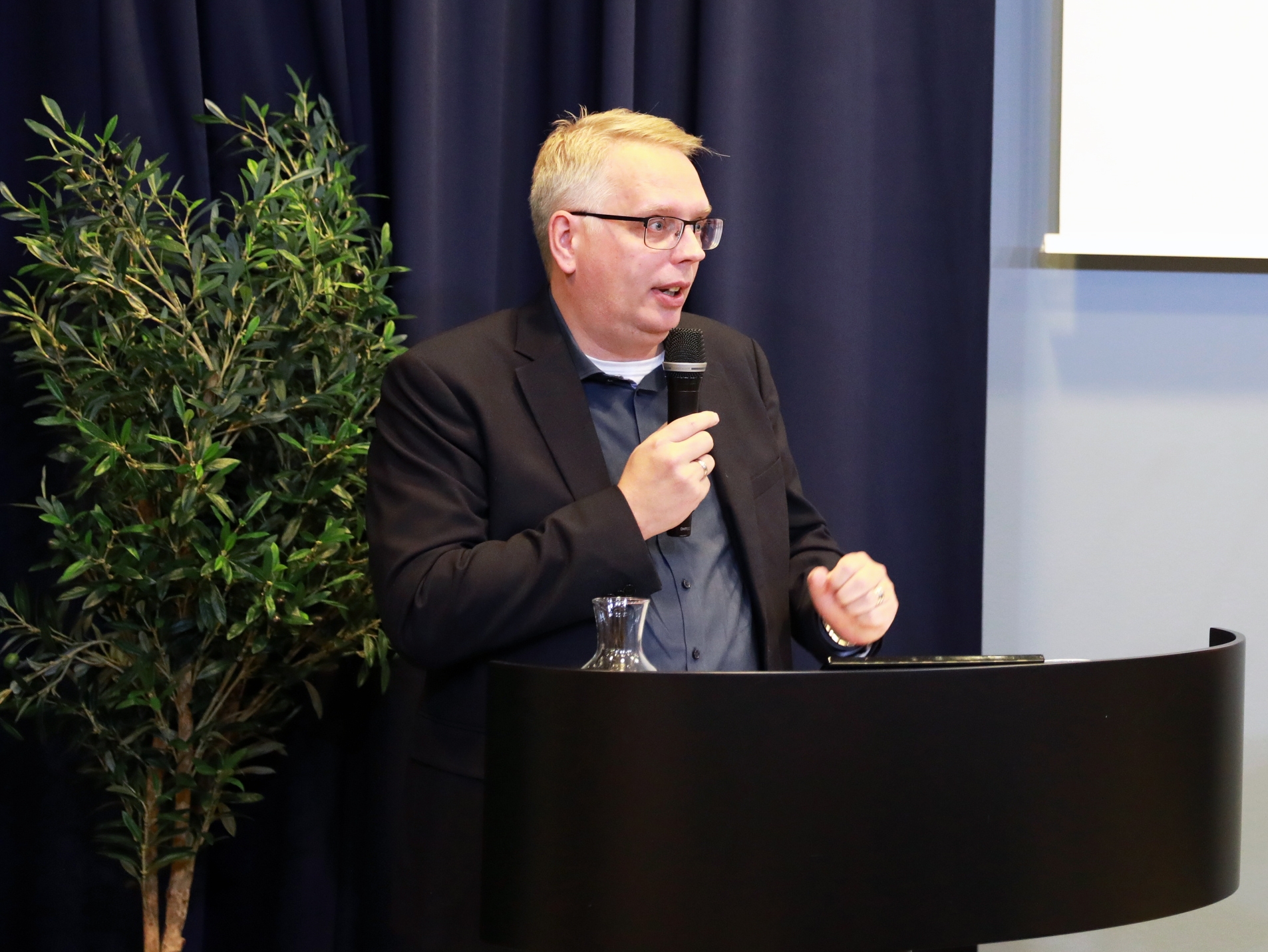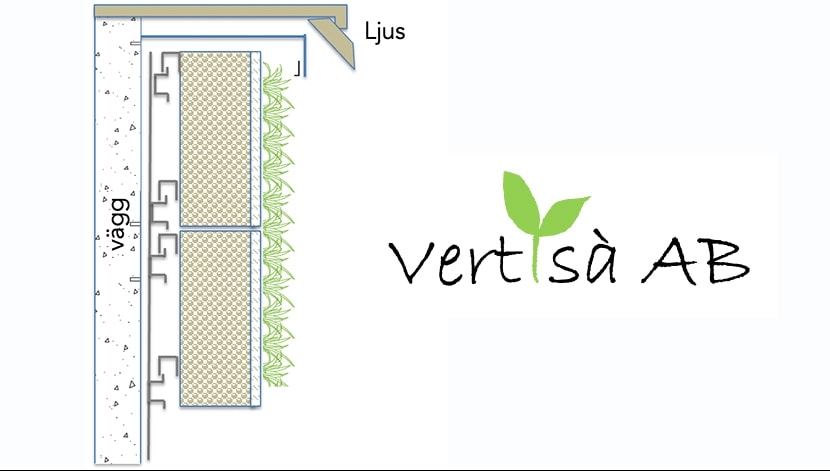Role of Forests in Reining in Climate Change, Producing Energy
When it comes to the role of the forest in a perspective of climate change mitigation and energy production, a full picture including all aspects impacting their use and benefits is required to start to making sense of the “undeniably complex” discussion taking place in the media and politics.
All aspects of the forest as an economic resource, a provider of recreational value and its capacity for carbon sequestration should be considered, according to an academic expert on the matter.
Professor in Economics Robert Lundmark, Luleå University of Technology, tries to do just that, in a new report from independent nonprofit organisation Centre for Business and Policy Studies (SNS), headquartered in Stockholm, Sweden but with a 30-country-strong membership, according to its website.
Centering on the case of Sweden, with its history of forestry and timber exports, Lundmark starts by discussing the economically profit-bearing aspects of forestry. Timber and renewable energy production both bring revenue to an important business sector and prop up the Swedish economy.
He goes onto billing production of bio-based (or “green”) chemicals as having a beneficial social impact; along with forests or forested areas set aside for recreation or tourism activities.
Biodiversity and its protection and the forest’s capacity to act as a carbon sink, are among environmental considerations, he holds.
All these aspects should be included in a total analysis, according to Lundmark; for any estimates of appropriate trade-offs between the different areas to make sense.
“This is existing knowledge put in a different perspective… It is a balancing act to arrive at an optimal utilisation of forests. We need to consider all societal values or we can easily go wrong”.
Role of science, politics, markets
He stresses, however, that the role of science is to provide assessments and that of politics to correct missteps due to market “failure”.
“A functioning market guarantees an efficient allocation of forest resources. That is how it works in the trading of goods and services. The role of politicians is to correct market failures, for instance in cases where forest owners are not paid for preserving all benefits of the forest. That is why we highlight the discussion about internalising the cost of goods and services”.
A quick check of the Oxford Languages gives that to internalise in an economic sense, means to incorporate costs as part of a pricing structure, especially social costs resulting from the manufacture and use of a product.
Forests as a carbon sink
The assessments that scientists do are still important, because any attempts at cutting greenhouse gases must be cost efficient, according to Lundmark.
“We see that compensation would be required for change to be made on a large scale. Today forest owners are not compensated for leaving the trees in the forest” to promote longer rotation periods.
He says that the starting point is to recognise that forests and their trees are a finite resource and one that becomes more and more in demand along with economic growth.
“It is undeniably a complex debate with many dimensions to account for: Forest management, ecology, social and economic aspects and technical aspects. All of them must come into consideration when we estimate benefits and trade-offs”, Lundmark said.
Contact
Robert Lundmark — Affiliation with Luleå University of Technology
Bio4Energy Systems Analysis and Bioeconomy
Expert Report
The Role of Forests in the Energy and Climate Transition, Summary in English







